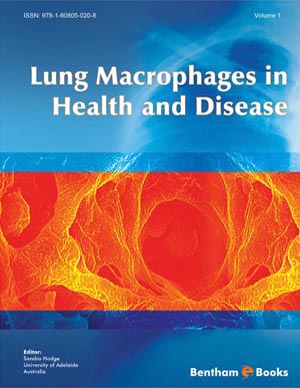Abstract
There is growing appreciation for the potential role of defective clearance of apoptotic cells by macrophages in disease pathogenesis. This has naturally lead to the consideration that therapies directed towards improving phagocytosis may have therapeutic utility. Some of these candidate therapies are already in use, although their initial rationale was for reasons other than improving phagocytosis. Examples are macrolide antibiotics, which are known to have antiinflammatory activities beyond their antimicrobial roles. In certain conditions (panbronchiolitis) these agents have become first-line therapy. Subsequent studies have revealed that at least part of their beneficial effects may be mediated via improvements in macrophage function. Statins and glucocortocosteroids also appear to act in part via improved phagocytosis. More recently, strategies are being pursued that are more specifically directed towards macrophage function, such as the use of mannose-binding lectin, but the initial rationale was to improve phagocytosis of microorganisms – the potential role in effercytosis has been realised subsequently. We have conducted a number of human and animal studies which support the potential role for improving phagocytosis as a therapeutic strategy for airways disease. A number of new strategies are emerging which show clinical promise.






















